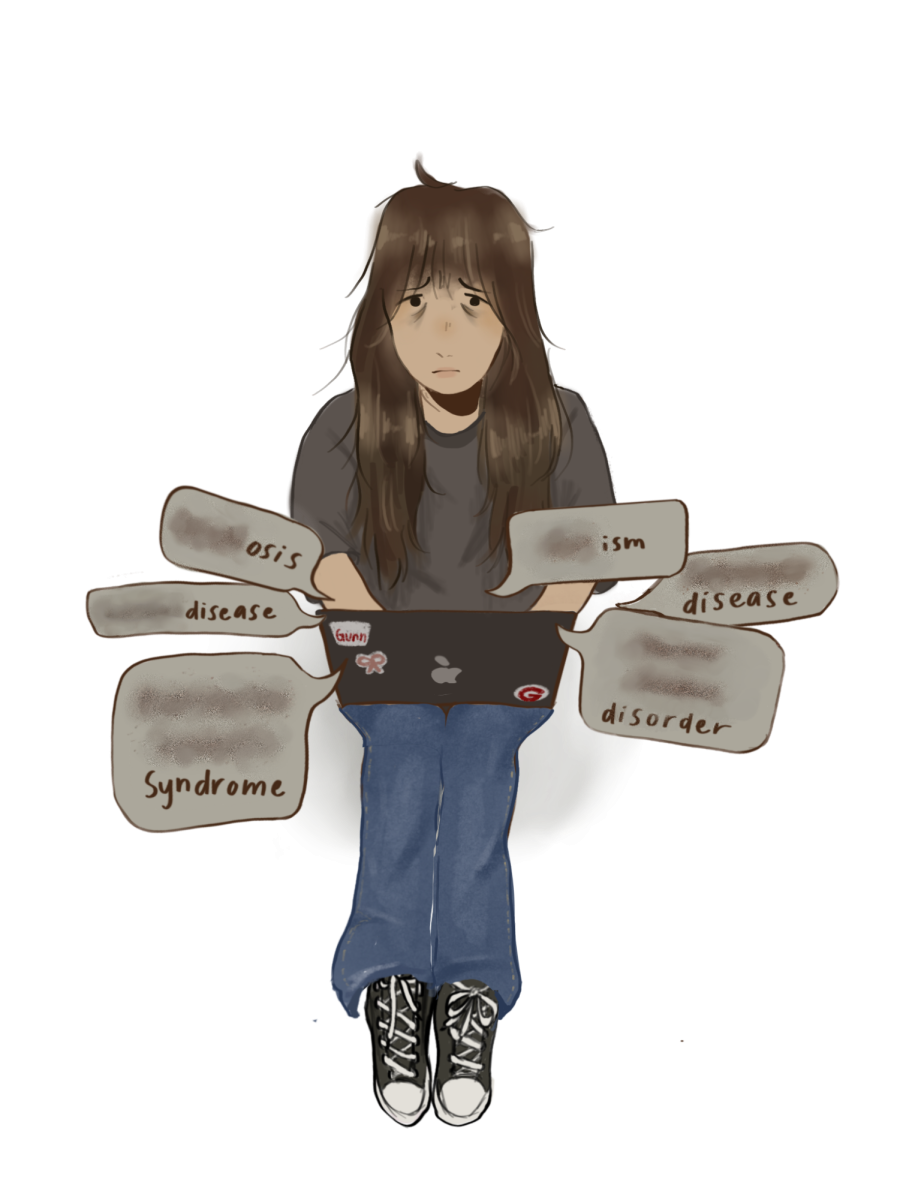Written by Evalyn Li
Since its conception, the Internet has simplified many of our everyday tasks. In addition to gaining free information from around the world and online shopping, we have gained a new platform to express ourselves freely. As a result, a virtual Internet community forms. With this community, so comes the inevitable clashes. While bullying and personal attacks cannot be prevented, arguments in Facebook comments can encourage discussion.
According to Facebook, its mission is “to give people the power to share and make the world more open and connected.” Arguing in Facebook comments, therefore, is a pathway towards such openness and connection. We live in a world with different cultures, religions and races. Each group has its own unique viewpoint. Arguments between groups could promote better understanding of each other’s perspectives. Facebook is an accessible platform for individuals or groups that usually do not interact with one another to exchange their ideas.
Since the 1960 Kennedy-Nixon debate, debates between candidates have become a custom in presidential election in our country. These presidential debates not only provide opportunities for candidates to present their ideas, they also promote dialogue between candidates and voters. Likewise, arguments in cyber communities
also help to enhance their healthy growth and keep those communities well-balanced. Cyber communities cannot thrive without discourse, just as a neighborhood cannot hold a block party with only one vocal citizen. In a 2014 research paper titled “Growing Closer on Facebook: Changes in Tie Strength Through Site Use,” Human- Computer Interaction scientists Moira Burke and Robert Kraut found that Facebook interaction, particularly commenting rather than simply “liking” increased personal ties— especially in relationships where people do not see one another often. For those friendships, virtual communication plays a major role in maintaining the relationship. Having conversations through messaging is not adequate enough to exchange values; disagreements are necessary to not only maintain, but also to grow personal relationships. Furthermore, the community aspect of arguing in Facebook comments emulates interaction in the public. Friends or family members who are geographically apart can still have thoughtful discussions beyond pleasantries.
Argumentation is also essential to effective communication. Communication without argumentation is often superficial. Being able to withstand harsh disagreements attests for the strength of a relation- ship. Personal opinions define and shape
oneself, therefore sharing those thoughts, even when they conflict with someone else’s, builds the foundation for a strong relationship. As the Internet is a space to maintain current and create new friendships, argumentative comments often reflect one’s genuine concern, one’s closeness of connection.
Some may argue that having arguments in the comments is futile, causing unintended emotional pain. The negative consequences, such as personal insults and imposing opinions on others, are realities of arguing in real life as well as online. Argumentation devoid of these problems is a goal both communities of citizens and communities of netizens strive to build. With the inevitable future that the Internet will take center stage more in everyday life, these arguments are not useless, but rather instrumental to creating an online world that simulates in-person discussions.
In the real world, bullies and personal attackers are unavoidable, but rules and regulations exist for minimizing those negative incidents. The world of the Internet has the same issues and rules for control. Arguing in Facebook comments can not only be harmless, but can also be beneficial to people’s lives.










